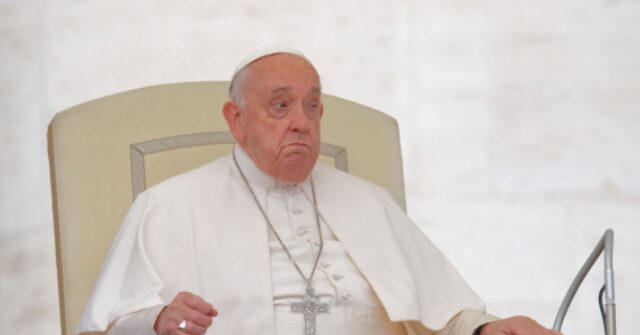In recent weeks, more than 500 individuals in Belgium have requested to have their names removed from the baptismal registry, sparked by Pope Francis’ remarks during his recent trip to Luxembourg and Belgium. The Pope’s comments regarding voluntary abortion, where he referred to it as “homicide” and labeled doctors performing the procedure as “contract killers,” prompted this significant response from the Belgian populace. The discontent culminated in an open letter addressed to key figures in the Catholic Church, including the apostolic nuncio in Brussels and the Archbishop of Mechelen-Brussels, where the signatories condemned the Pope’s stance and declared their wish to disassociate from the Catholic Church.
During a flight back to Rome, Pope Francis delivered strong words against abortion, stating, “Women have a right to life, to their lives, and to the lives of their children.” His comments, which unequivocally categorized abortion as a grave crime, did not sit well with many, particularly in a country with evolving views on women’s rights and healthcare. The backlash was not limited to ordinary citizens; Belgian Prime Minister Alexander De Croo also voiced strong criticism, labeling the Pope’s remarks as “unacceptable.” He emphasized that Belgium does not require lectures on democratic processes from a foreign leader, asserting the nation’s sovereignty in matters of legislation.
The context of the Pope’s comments reverberates through a legislative moment in Belgium, where Parliament is currently discussing a bill aimed at extending the abortion timeframe from 12 weeks to 18 weeks. This proposal reflects a significant shift in societal attitudes towards reproductive rights and underscores the challenges the Catholic Church faces in an increasingly secular European landscape. The Pope’s comments thus came at a politically sensitive time, igniting tensions between traditional religious views and modern secular debates regarding women’s rights and healthcare decisions.
Historically, Belgium shows a notable decline in its Christian population, particularly in the last few decades. Statistics from recent reports indicate a stark decrease from around 72% of the population identifying as Catholic in 1981 to approximately 44% by 2021. While more recent estimates from the Catholic University of Leuven suggest that 50% still identify as Catholic, regular church attendance has dwindled dramatically, with only 9% of the population attending Mass at least monthly. This detachment from the Church can be interpreted as part of a broader cultural shift towards secularism in Belgian society.
The waning influence of Christianity in Belgium correlates with rising rates of abortion. Official figures indicate that at least 16,000 abortions occur annually in a country with a population of under 12 million, illustrating the significant demand for reproductive health services. The peak in recorded abortions occurred in 2011, with almost 20,000 procedures performed that year. This surge in abortion rates, amidst a declining affinity for Christianity, raises complex questions about the societal values and ethical debates surrounding reproductive choices in Belgium.
The Pope’s comments, while rooted in traditional Catholic doctrine, have unintentionally amplified the discord between religious leadership and secular governance in Belgium. The backlash, manifesting both in personal declarations from individuals and institutional responses from government officials, indicates a decisive break for many from established religious norms. As the country navigates its evolving identity, the conversation around reproductive rights, morality, and the role of the Church in influencing public policy will likely continue to be contentious. The recent events serve as a flashpoint in the ongoing dialogue regarding faith, personal choice, and the role of religion in modern democracies.

